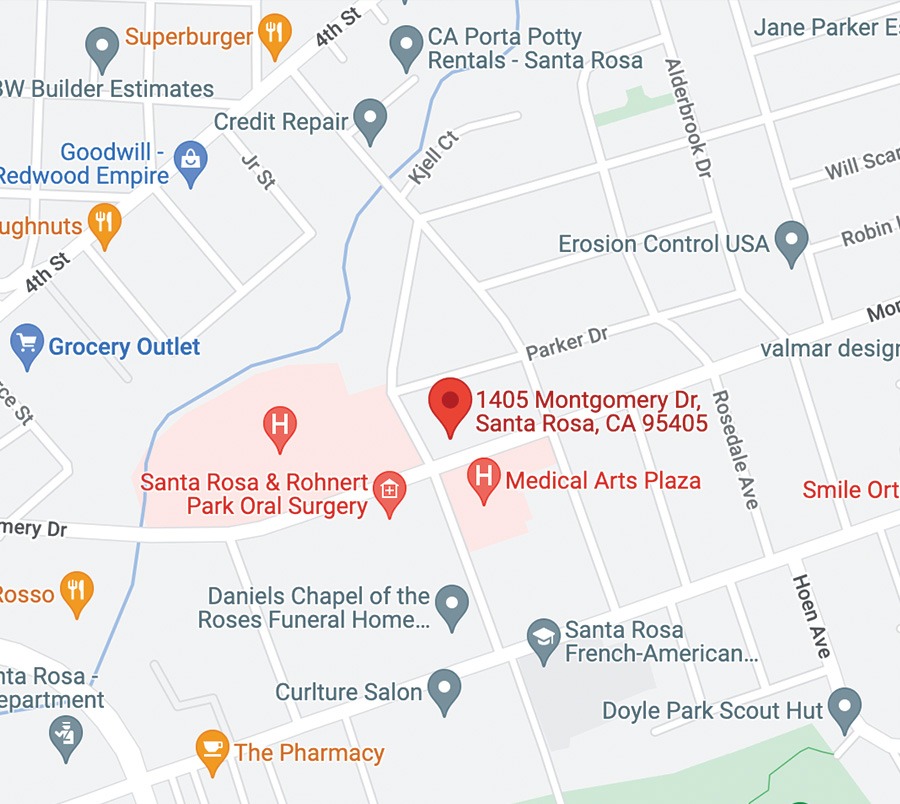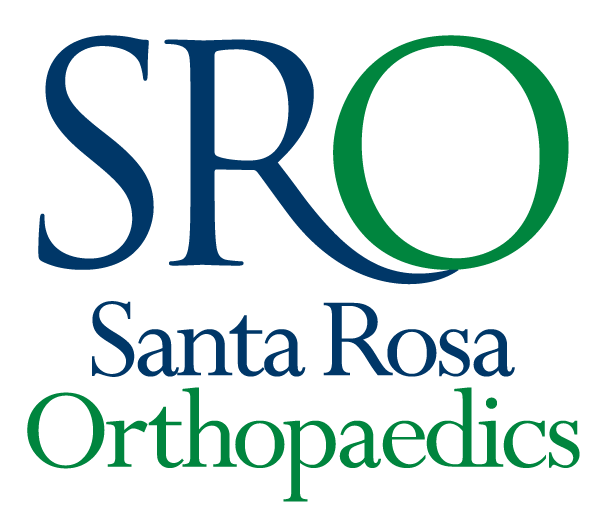Platelet-rich plasma therapy involves the extraction of blood from the patient, which is then centrifuged to obtain a concentrated suspension of platelets. It then undergoes a two-stage centrifugation process to separate the solid and liquid components of the anti-coagulated blood. PRP owes its therapeutic use to the growth factors released by the platelets which are claimed to possess multiple regenerative properties. The meniscus is a piece of cartilage that acts as a shock absorber between the shinbone and thighbone.
Researchers at The Ohio State University in Columbus sought to determine whether intraoperative PRP affects meniscus repair failure risk and whether the effect of PRP on meniscus failure risk is influenced by ACL reconstruction status or by PRP preparation.
The researchers randomized 550 patients into two main groups: patients who underwent meniscus repair surgery with PRP and those who did not receive PRP therapy. Patients with concurrent ACL reconstruction were assessed for meniscus repair failure within three years. Patients who did not receive PRP therapy experienced a meniscus failure rate of 17 percent while those who were given PRP had a 14.7 percent failure rate. The effect of PRP on meniscus failure risk was dependent on ACL injury status — those who had only a meniscus PRP was associated with a lower risk of failure but those with ACL surgery, PRP was not associated with a lower risk of failure.
“PRP preparations utilized in the current study had a substantial protective effect on isolated meniscus repair failure risk over three years,” said Dr. Joshua Scott Everhart. “In the setting of concomitant ACL reconstruction, intraoperative PRP does not reduce meniscus repair failure risk.”
Science Daily Report: Materials provided by American Orthopaedic Society for Sports Medicine. Note: Content may be edited for style and length. American Orthopaedic Society for Sports Medicine. “Does platelet-rich plasma therapy lower risk of meniscus repair.” ScienceDaily. ScienceDaily, 11 July 2019. www.sciencedaily.com/releases/2019/07/190711150919.htm.
SRO Regenerative Orthopaedics
Regenerative Orthopaedics uses cutting-edge technology to stimulate and accelerate the healing process. Depending on age, health and the severity of condition treatments may include; stem cell therapy, platelet-rich plasma therapy, and other non-operative treatments.
These therapies are performed as a same day, office-based procedure and require minimal recovery time for patients. Although success may ultimately depend on the site and severity of the injury, improved pain and function can last for years.
PRP and Stem Cell Injections & Regenerative Therapy
While stem cells have the ability to differentiate and form brand new cells, platelets are a small fragment of blood cells, which help in clotting and enhance the healing process. The growth factors present in the platelets work to simulate those cells essential for a quicker recovery. An added benefit of PRP is that the patient faces less risk of infection or allergic reactions due to the procedure, as the injected platelets are of their own blood. This combined with the fact that the procedure itself is quick and does not require general anesthesia or a prolonged recovery makes it a viable option for situations where standard treatments have proven to be ineffective.
Platelets are cells that clot blood and contain over 300 active growth factors. They also contain hormones that help to facilitate growth and healing. The process of extraction followed by centrifugation of the blood allows platelet-rich plasma to be separated from the original sample which is then injected into the site of the injury. For those patients whose tissues are aging and therefore have a slower or reduced ability to repair and regenerate, the growth factors in PRP can help to improve the body’s healing ability.
Advantages include:
- Long-term pain relief
- Quicker recovery time
- Improved function
- Improved healing potential
Common Areas of Treatment:
- Tendon or Ligament injury (tear, sprain)
- Tendonitis
- Arthritis
- Muscle Strains
- Articular Cartilage Injury
To learn more or to make an appointment call (707) 546-1922.

